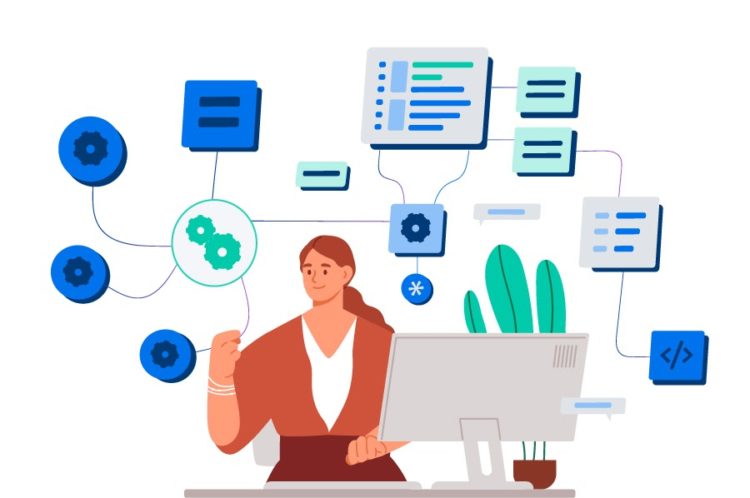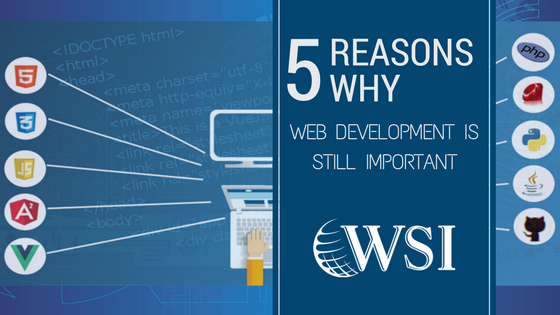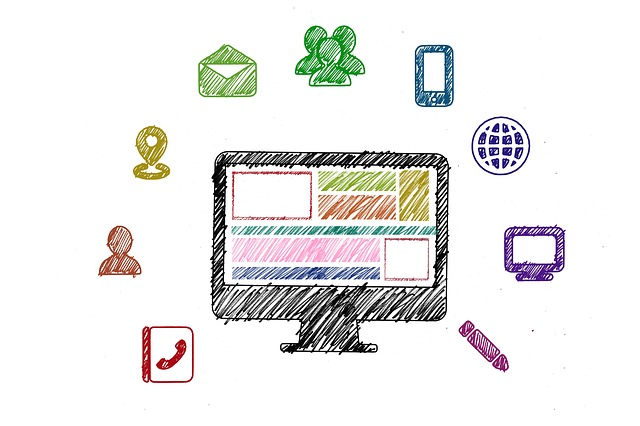Now that you have made up your mind to take your business online, it is time to explore the web application development market facts to be on the right track.
To begin with, let’s explore some interesting trivia about websites, including some amazing facts about web development and behind the scene elements that affect the website’s performance.
Interesting Web Application Development Facts
So, here are some amazing facts about web app development that will improve your understanding of your website and help you set your digital goals before you form a partnership with a web application development company.
Before you run through the content, here take a quick look at the video to know what is to come.
Now, read on the detailed description.
1. A Website Doesn’t Look Same on Diverse Computer Screens
Browsers on each device render a website in a different manner. It is this reason, a website that looks a certain way on Google Chrome in desktop computer looks different on Safari in your iPhone.
How a website will look on the screen depends on factors such as parsing and rendering, means how a browser translate the code in a website and display it on your screen.
2. Most of the Readers Simply Scan the Website
In research on how people read websites, Nielsen Norman Group found that 79% of test users scanned the website, and only 16% of users read the text word by word.
This means a website must have scannable text, including keywords, sub-headings, bulleted lists, only one idea in a paragraph, and fewer words to enable readers to run through the content.
If a copy is not properly formatted for skimming and scanning, website visitors might lose their interest and skip to the next option in the search result. Good quality graphics, outbound hypertext links, and good writing together forms a great copy.
So if you do not have your own team of copywriters, check with your web development company if they offer such services or you might take help from the external vendors.
3. Two Third of Web Usage is on Mobile Devices
The rise of smartphones has changed the medium through which users reach out to a website.
Most of the users browse the Internet on smartphones. and so make sure your web application development company must optimize the website to deliver a delightful mobile experience.
4. Life Span of Website is Just 3 Years
Digital space is continually evolving. From hardware to software, every aspect of the Internet is bound to change in a few years, and its result affects the websites too.
So, a website designed three years back must be upgraded to the latest technology available to provide the optimum level of user experience.
In the current scenario, emerging technologies such as Artificial Intelligence, IoT, and Blockchain have begun impacting websites.
Top companies have already powered their website with new-age technologies to adopt a data-driven approach and get visibility into the system.
5. Source Code of Website Affects Search Engine Ranking
Search engines read the source code of your website, and so it is essential that web developers make the code SEO friendly.
Search engines like Google pick up the ranking signals from different HTML elements.
Web developing during the application development process must focus on elements such as HTML title tag, meta description tag, header tags, and structured data tag.
6. Website Template can Restrict the Capabilities of a Website
In the web application development market, website templates have become a common favorite of those who have little idea of coding and do not want to spend too much time on web app development.
Although, website templates are the easy way out, it limits your capabilities to use design elements of your choice or at times bloat coding as well.
7. Multimedia Content Can Have Positive and Negative on Your Website
Multimedia content such as videos and images must be used judiciously to achieve the desired result.
Although, according to a report, 73% of visitors are influenced by videos, excessive use of videos and images could slow down the website significantly.
As a result, visitors may leave the website out of frustration. Besides, it can also make the website look messy and confuse them.
8. Demographics Impact the User Behaviour
One-size-fits-all websites are on extinction. Since people follow different cultures in different places, they react to technology differently as well.
It means demography plays an important role in user behaviour.
To tackle this, businesses must conduct deep research of their visitor demographics to get a positive response from their users.
9. Users Form Their Opinions in 0.9 Seconds
It just takes 0.9 seconds for the users to form an opinion. So, make sure that the first few seconds when users land on the website provide them with a good experience.
You can create a good impression by using a proper content layout, images, and background theme.
Conclusion
It’s tough to mess with facts. But this does not mean that you have to develop a website that is simply a copy of other popular websites.
There is always room for experimentation and innovative ideas, but of course without meddling with facts.…





